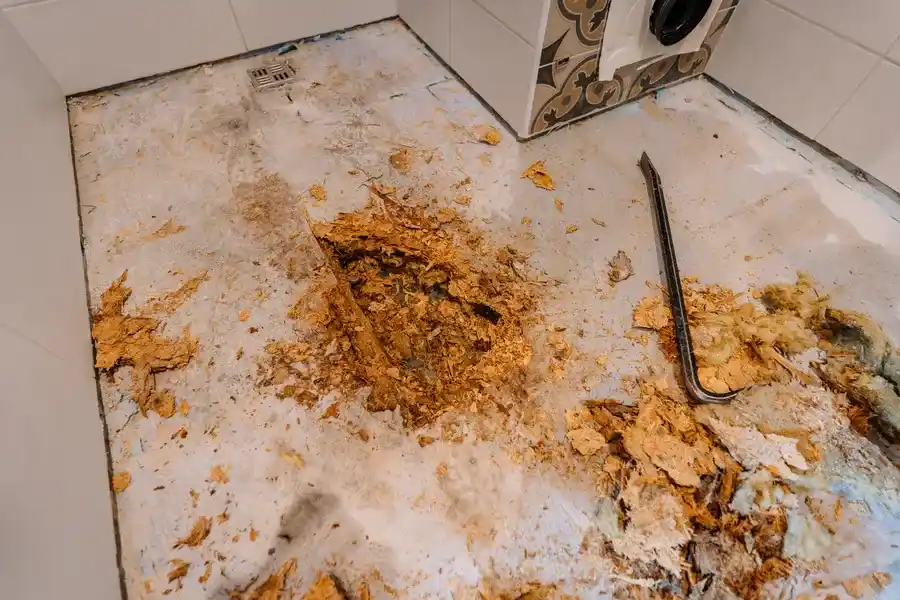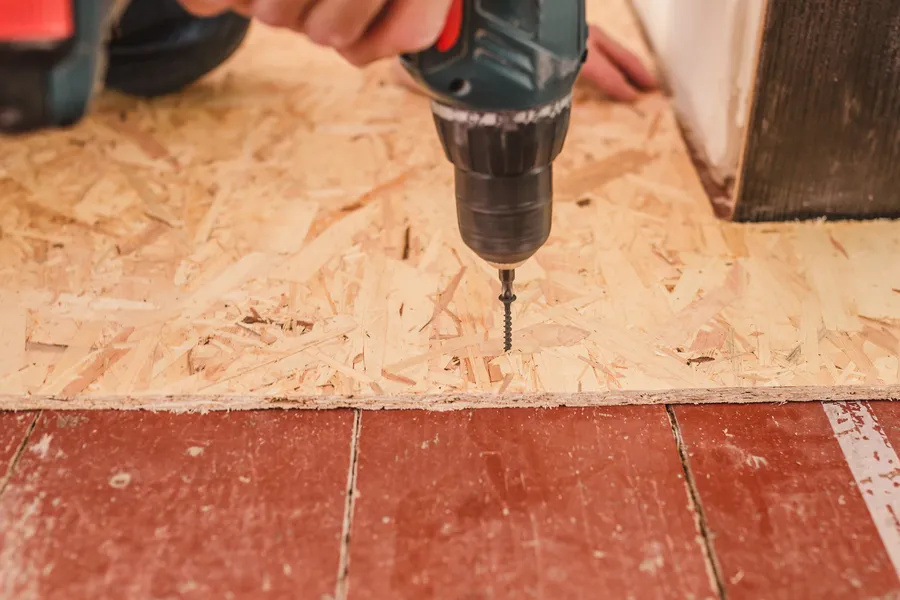How Subfloors Impact the Strength and Durability of Your Floors
The stability of a floor goes beyond what you can see. Beneath every solid surface lies an often overlooked but crucial element: the subfloor. Understanding how subfloors contribute to overall floor stability is vital, especially for homeowners and builders looking to ensure long-lasting results. A well-installed subfloor acts as the backbone of any flooring system, providing the necessary support and strength. In this article, we delve into the role of subfloors, their benefits, potential challenges, and the importance of proper installation.

The Importance of Subfloors in Floor Systems
Subfloors are an essential component of any flooring system. They provide a sturdy base that supports the finished flooring material like hardwood, tile, or carpet. Without a proper subfloor, floors can become unstable, leading to creaks, squeaks, and even structural damage over time. Ensuring your subfloor is correctly installed is crucial for maintaining the integrity and longevity of your entire floor.
Benefits of Strong and Stable Subfloors
Having a robust subfloor offers numerous advantages. Firstly, it ensures the even distribution of weight across the floor, which prevents uneven surfaces and minimizes wear and tear on the top layer. Secondly, strong subfloors improve sound insulation by reducing noise transmission between floors. Lastly, they enhance energy efficiency by providing additional insulation. Properly laid subfloors add significant value to your property by supporting these benefits.

Common Challenges With Subfloors
Despite their importance, subfloors can present several challenges. Poor installation can lead to gaps or misalignments, resulting in uneven floors. Moisture is another common enemy; it can cause wooden subfloors to warp or rot over time. Addressing these issues early through effective subfloor repair is essential to prevent long-term problems that could require more extensive work down the line.
Effective Solutions for Subfloor Issues
Tackling subfloor issues starts with identifying the root cause. For moisture-related problems, consider installing vapor barriers or using moisture-resistant materials. When dealing with uneven surfaces, sanding down high spots or filling low areas might be necessary. If existing damage persists, professional help for subfloor repair can ensure all issues are properly addressed before laying new flooring.
Best Practices for Installing Subfloors
Following best practices during installation can significantly affect the performance of your subfloor. Here are some key tips:
- Ensure the surface beneath the subfloor is clean and dry
- Select appropriate materials based on environmental conditions
- Securely fasten panels to avoid movement or squeaking
- Allow for expansion by leaving adequate gaps around edges
Adhering to these steps not only enhances the lifespan of your subfloor but also sets a solid foundation for any future flooring upgrades.
Industry Standards for Subfloor Installation
When installing subfloors, adhering to industry standards is critical. Building codes specify minimum requirements for thickness based on flooring type and expected load capacity. These regulations ensure safety and durability across residential and commercial spaces. Knowledgeable contractors will always follow these guidelines to guarantee compliance with local building laws and standards.
Cost Considerations for Subfloor Projects
The cost of installing or repairing a subfloor varies depending on factors like material choice and square footage. While plywood or OSB (oriented strand board) are budget-friendly options, higher-end materials like cement boards may offer better moisture resistance. Consider the long-term implications when budgeting for your project to ensure you receive a good return on investment over time.
Your Pathway to Stronger Floors
If you’re ready to invest in the stability and durability of your floors, consider consulting experts in Garner, NC. Our team at Christopher Carpet Flooring can guide you through every step of ensuring a reliable subfloor installation process. Call us today at (919) 262-3754 to set up an appointment with our skilled professionals who are committed to quality service and craftsmanship.
